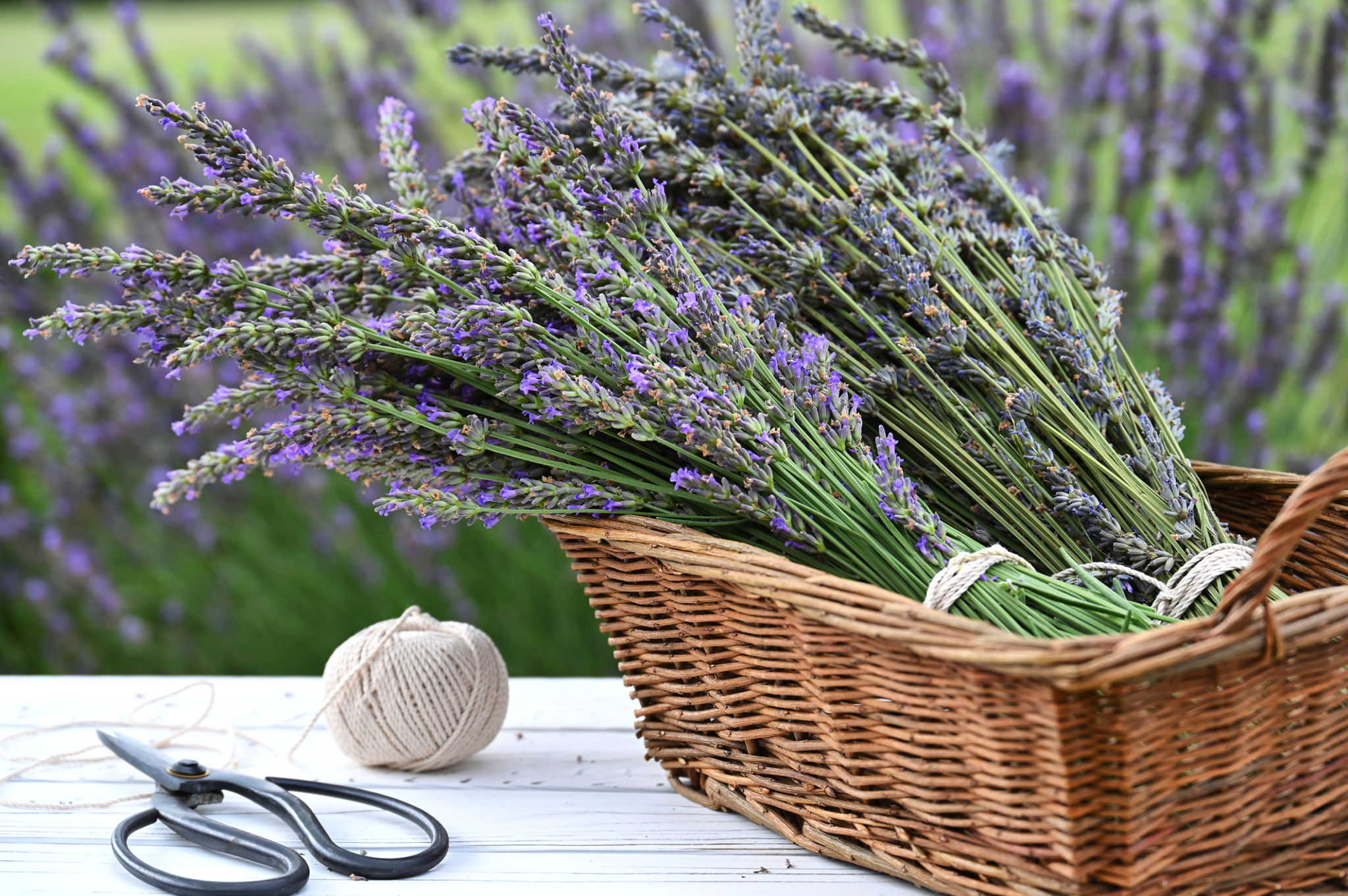Seasonal Gardening Tips for Former Prisoners: Embracing Change and Growth
The Healing Power of Gardening
Gardening is more than just a hobby; it is a transformative experience that encourages personal growth and healing. For former prisoners, the process of nurturing plants can be particularly cathartic, offering a sense of purpose and routine. As the seasons change, so too does the garden, mirroring the journey of personal transformation and new beginnings.
Engaging with nature has been shown to reduce stress, improve mood, and promote physical health. By tending to a garden, individuals can cultivate mindfulness and patience, skills that are invaluable as they reintegrate into society. Embracing change through gardening allows for the cultivation of resilience and adaptability.

Starting Your Seasonal Garden
Whether you're a novice or a seasoned gardener, starting a seasonal garden requires some planning and preparation. For those who are new to gardening, it is essential to start small and gradually expand. This approach allows you to learn the nuances of different plants and how they respond to seasonal changes.
Begin by selecting a suitable location for your garden. Consider the amount of sunlight the area receives, as well as access to water. Once you have chosen the perfect spot, it's time to prepare the soil. Adding organic matter such as compost can greatly improve soil quality and provide the necessary nutrients for your plants.

Choosing the Right Plants
When selecting plants for your garden, take into account the current season and the climate of your region. This ensures that your plants have the best chance of thriving. Some popular choices for different seasons include:
- Spring: Lettuce, radishes, and peas
- Summer: Tomatoes, cucumbers, and bell peppers
- Fall: Kale, carrots, and broccoli
- Winter: Spinach, garlic, and onions (in mild climates)
By choosing seasonal plants, you can enjoy a continuous harvest throughout the year while also minimizing the risk of plant diseases and pests.
Tending to Your Garden
Once your garden is planted, regular maintenance is crucial to ensure its success. This involves watering, weeding, and monitoring for pests. It's important to establish a routine that fits into your lifestyle, making gardening a sustainable part of your daily or weekly activities.

The Importance of Patience and Flexibility
Gardening is a process that requires patience and flexibility. Plants may not grow as quickly as expected, or unexpected weather conditions might impact their development. Embrace these challenges as opportunities to learn and adapt. Celebrate small victories, such as the first sprout or bloom, as these moments are significant milestones in both your gardening journey and personal growth.
Incorporate mindfulness into your gardening routine by taking time to observe the subtle changes in your plants each day. This practice can help foster a deeper connection with nature and a greater appreciation for the cyclical nature of life.
Building a Supportive Community
Gardening can also be a social activity that helps former prisoners build connections within their community. Joining local gardening clubs or online forums allows for the exchange of knowledge and support from fellow enthusiasts. Sharing experiences and tips can be empowering and contribute to a sense of belonging.

In summary, seasonal gardening offers former prisoners an opportunity to embrace change and growth in a nurturing environment. By engaging with nature, selecting appropriate plants, and tending to their garden with patience, individuals can cultivate not only crops but also personal resilience and adaptability.